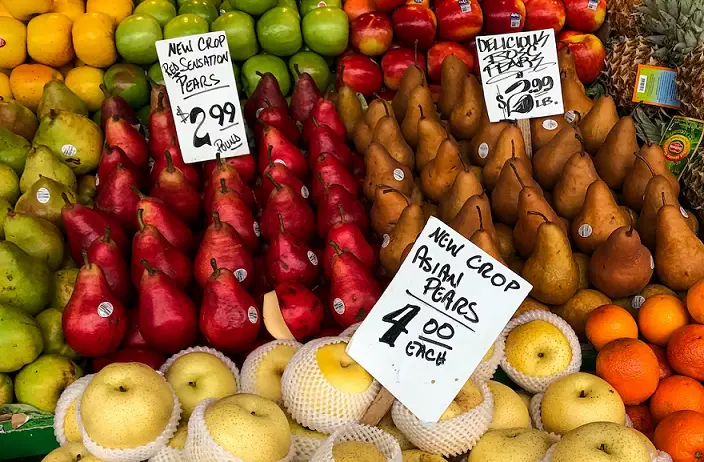In a new report released Friday, a leading independent think tank is warning Britain that in the near future the effect of rising fuel costs on British inflation will be surpassed by the effects of rising food costs.
In the report, the Resolution Foundation, which seeks to improve the standards of living of low to middle class households, notes that food composes a far larger share of the typical household’s consumption than energy.
Now as England is poised to see energy costs decline this summer, it is expected that grocery prices will continue to persist at high levels. As a result, the think tank predicted that “food costs will have overtaken energy bills in the scale of the shock they are administering to family finances.”
Over the previous year, grocery prices have jumped by almost 20% according to the official figures for March, as the overall consumer price index stood at 10.1%. Energy prices reached record levels in 2022, however they have since fallen significantly.
Food costs however, continue to remain high, which has been attributed to various factors, including the conflict in Ukraine causing supply chain issues, trade barriers which have emerged due to Brexit, rising labor costs, and bad weather in various growing regions.
The think tank warned that these factors, as well as others, mean that factory gate prices, as well as the retail prices for consumers which arise from them, may continue to increase into the summer. The report added, “It’s far from clear that political and policy debates have caught up to the scale of what is going on.”
The expectation of the Bank of England is for inflation to “fall quickly” later this year as wholesale energy prices continue to decline and the market begins to feel the effects of recent hikes to its key interest rate, which now sits at 4.5%. The annual inflation rate for Britain this year is expected to come in at 6.1%, well above the regulator’s target rate of 2%.

